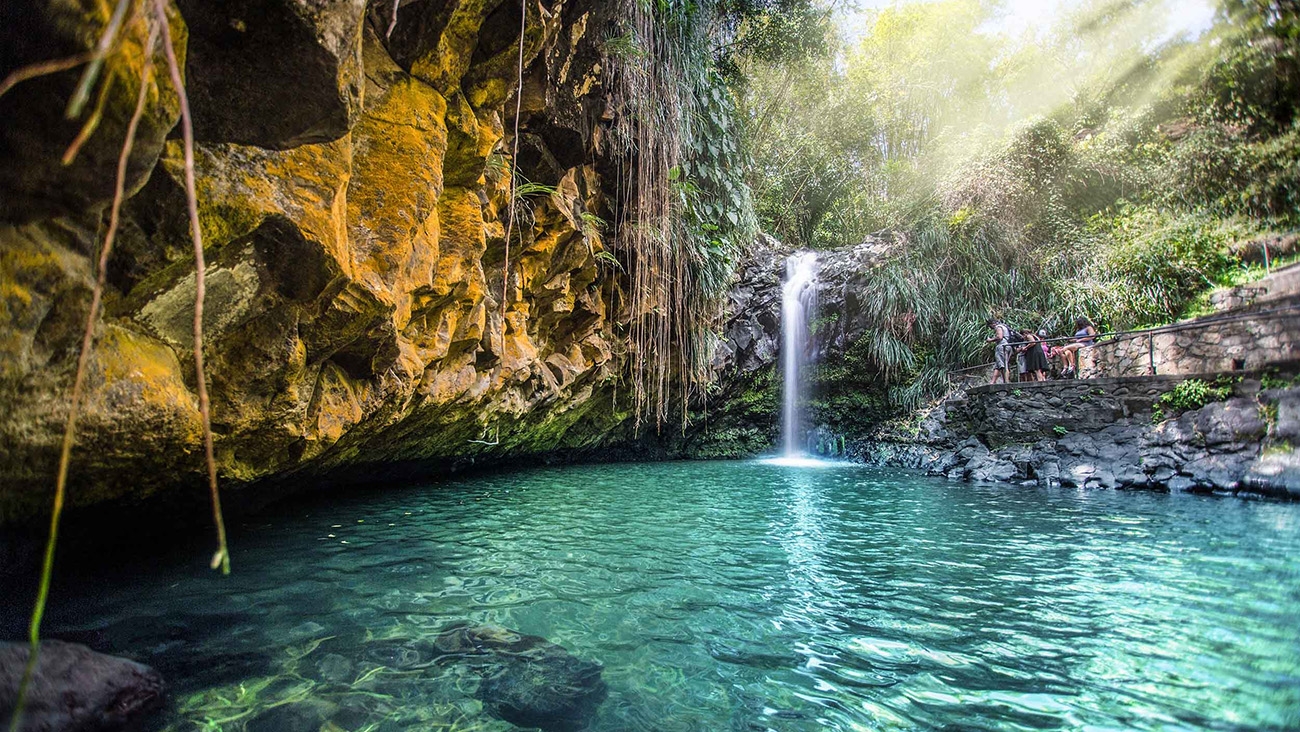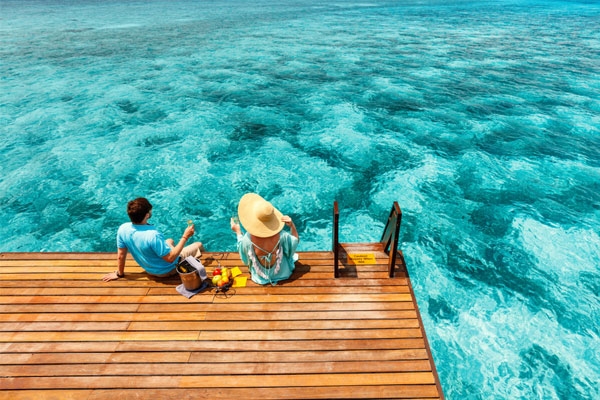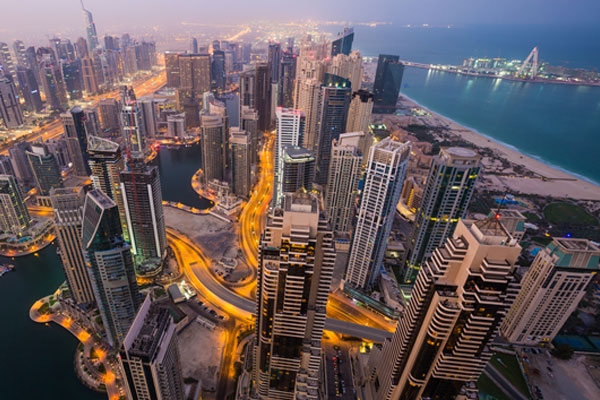Grenada Tourism Authority outlines Covid-19 recovery plan
The Grenada Tourism Authority (GTA) has said it wants to make a “step change” in the way tourism is perceived and the role that it plays in the Caribbean tri-island state of Grenada, Carriacou and Petite Martinique.
The tourist board has appointed a new chief executive, Petra Roach, and made a number of changes to its marketing team as it moves to implement “multiple” global initiatives in the wake of Covid-19.
The GTA said it had spent “a lot of time” working with airline partners to restore flights to the island following reduced services due to Covid-19, with a full complement of flights resuming from the UK this month.
The tourist board has also expanded its distribution network to include smaller, more specialist tour operators and is focusing its marketing efforts on the destination’s natural assets as a spice island and its recent accreditation by the World Food Travel Association as the world’s first culinary capital.
“We have to stop being lumped into just a beach holiday,” said Roach.
“Of course that's what the majority of people are going to come here for, but we have to give definition to what our natural assets are because ultimately they are our competitive advantage.
“We want to ensure that we continue to improve employment, that we continue to lend opportunity for entrepreneurship and that we continue to minimise the leakages through importing foodstuffs.
“Tourism lends opportunity for each and every one of us and that's the message that we're going to be taking.”
Roach said the destination was well positioned to tap into post-pandemic trends such as revenge travel and health and wellness tourism due to its national parks, wildlife, vegetation and biodiversity.
She said a key focus moving forward would also be ‘voluntourism’, with the tourist board expanding its voluntary tourism projects and creating immersive experiences for guests to take them out of hotels and into communities.
“We have to establish a charter which says to people ‘when you come to Grenada, this is the expectation on how you as a visitor need to behave and this is what we as the Grenadian people promise you in return’,” she added.
The GTA said it would be actively targeting alternative markets including MICE, silver travellers and millennials. A recent Remote Employment Bill also looks set to encourage non-nationals employed remotely in the state to stay for longer.
The Minister of Tourism, Hon. Dr. Clarice Modeste Curwen, said tourism accounted for over 40% of the country's GDPR in 2019 - a figure she hopes to surpass in 2022.
“Now is the time to show [the world] our strength, our resilience, our beauty, and our ability to compete in the tourism industry, regionally and internationally,” she said.
“We will rise stronger, and we will be better than before, but we need every hand on deck. Every Grenadian is on this journey with us and we will succeed as we have succeeded before.”
Grenada was recently moved from the UK’s amber list to the green watchlist, meaning it’s at risk of moving from green to amber.
Almost three quarters of hotel workers on Grenada and its sister Caribbean islands of Carriacou and Petite Martinique have been fully-vaccinated and the destination has seen one of the lowest rates of infections in the Caribbean, with 161 Covid-19 cases and one Covid death to date.
The islands are fully open and most tourist attractions have been declared Covid safe according to ‘Pure Safe Travel’ Covid-19 protocols put in place. Each visitor to Grenada needs to complete a ‘Pure Safe Travel’ authorisation certificate.








